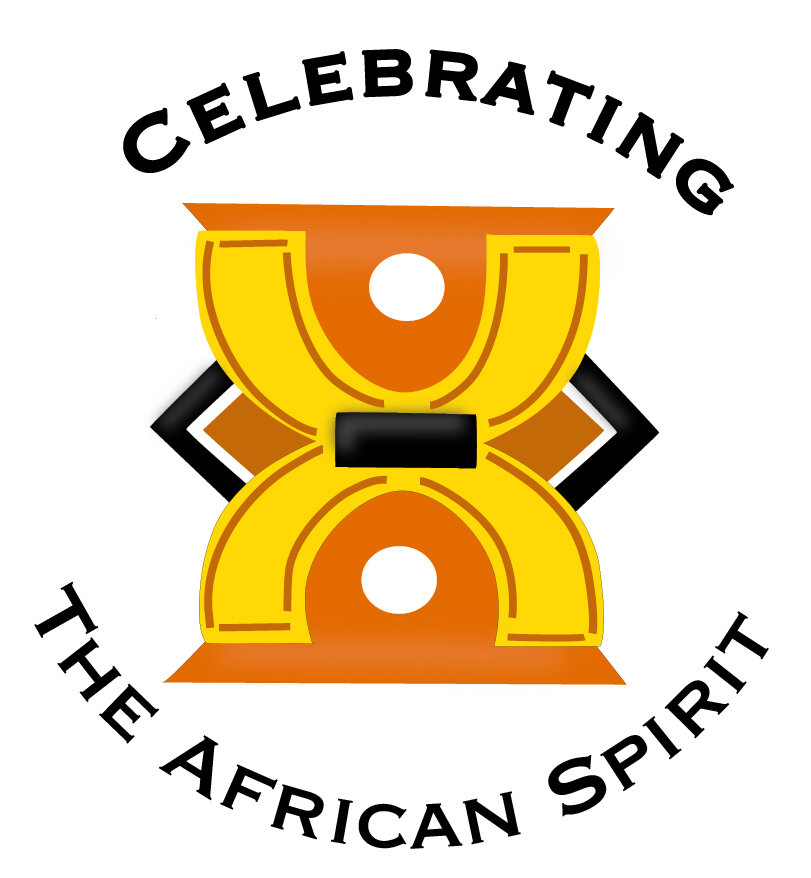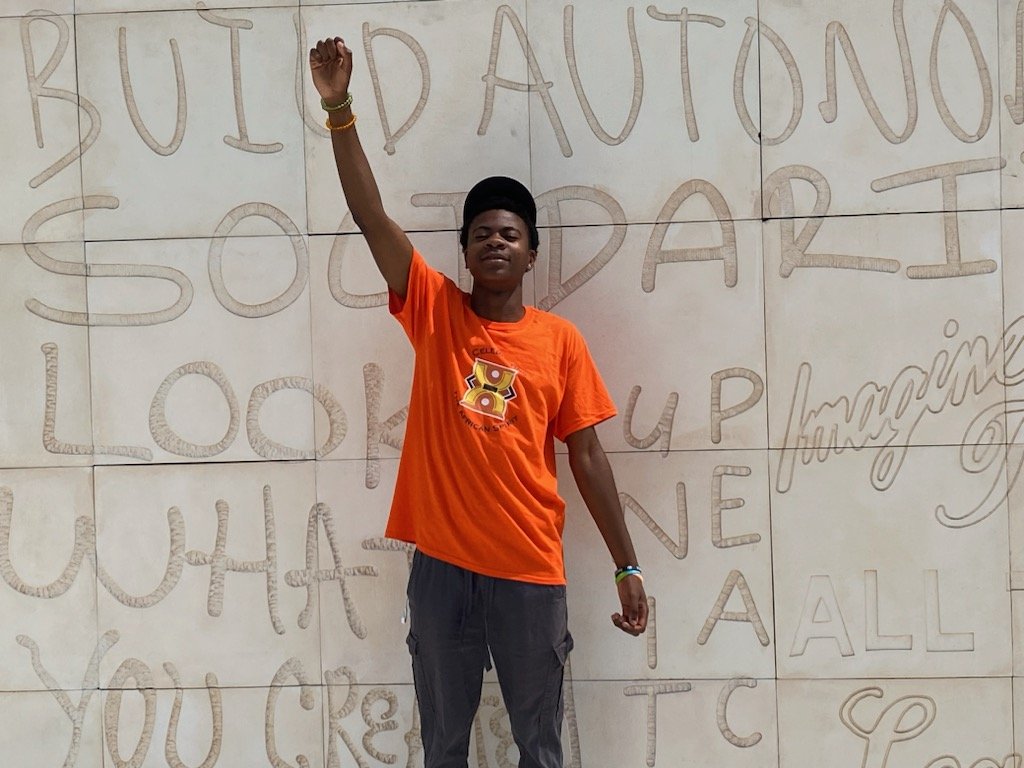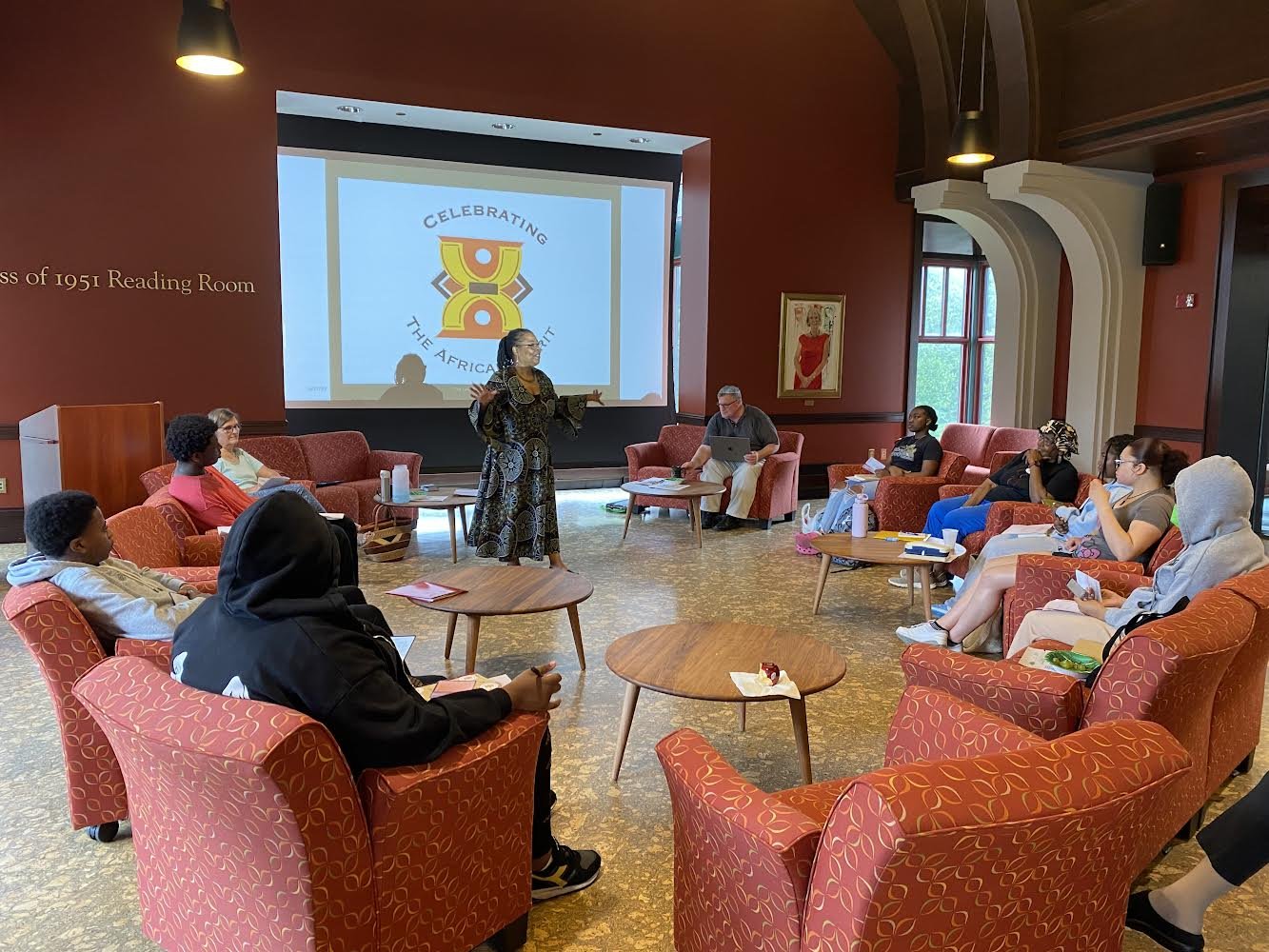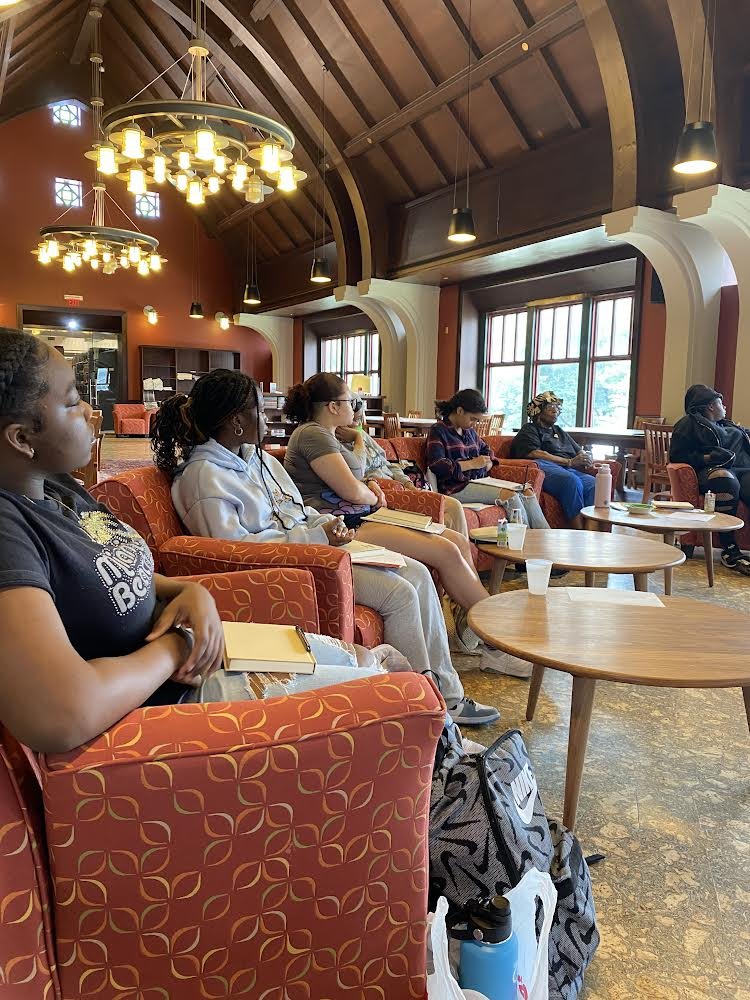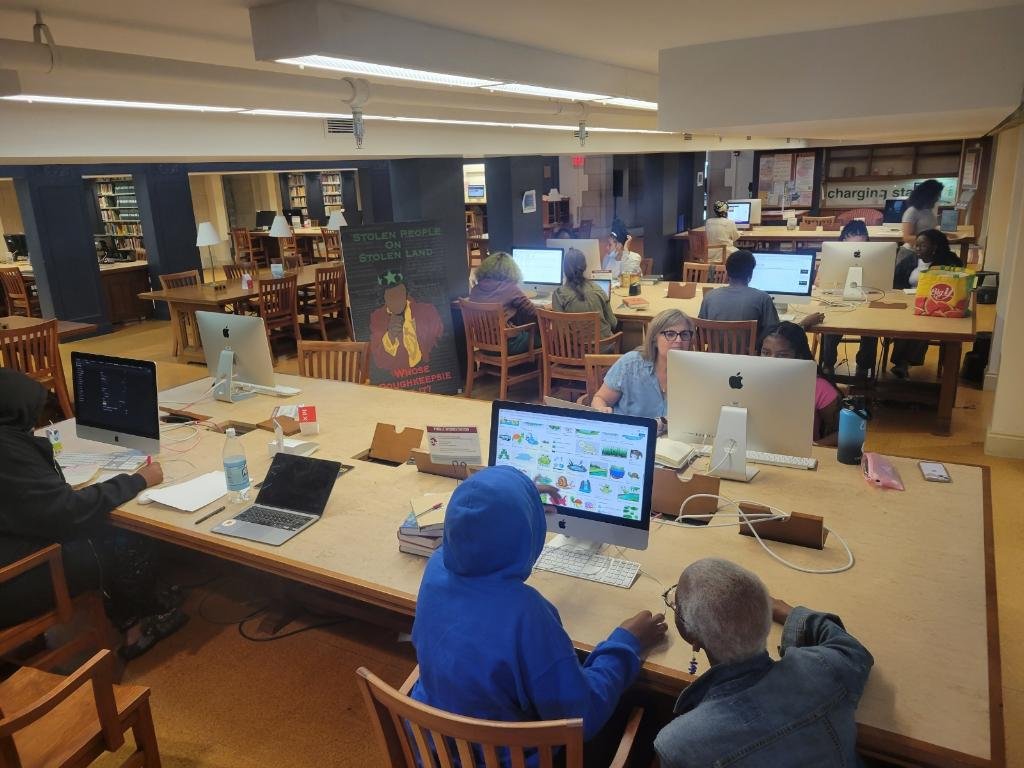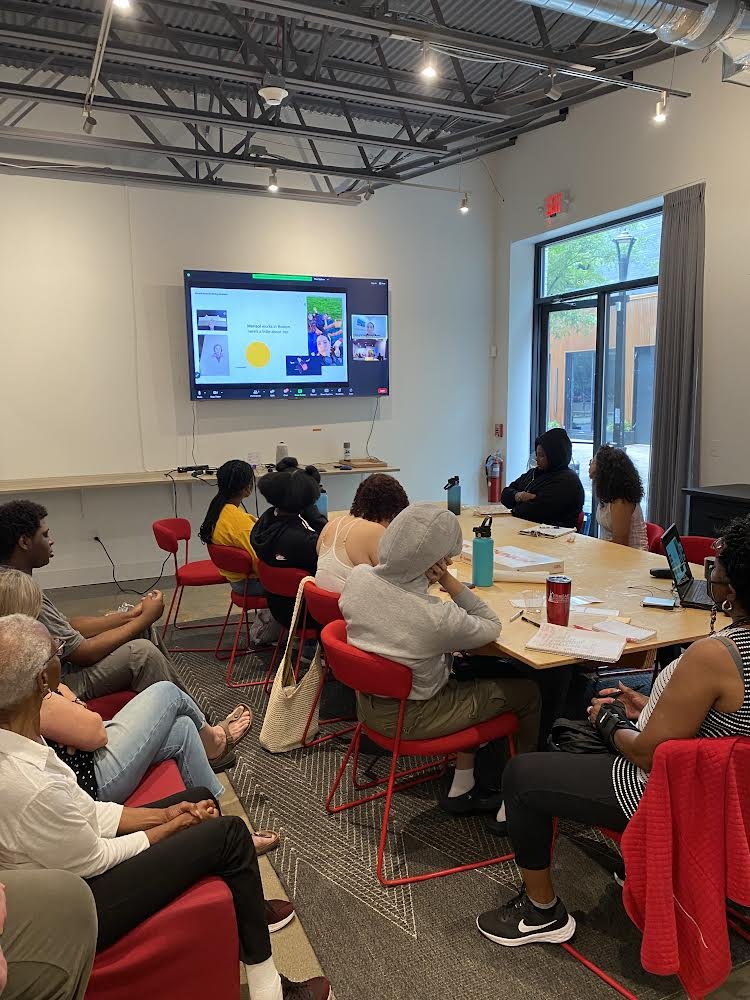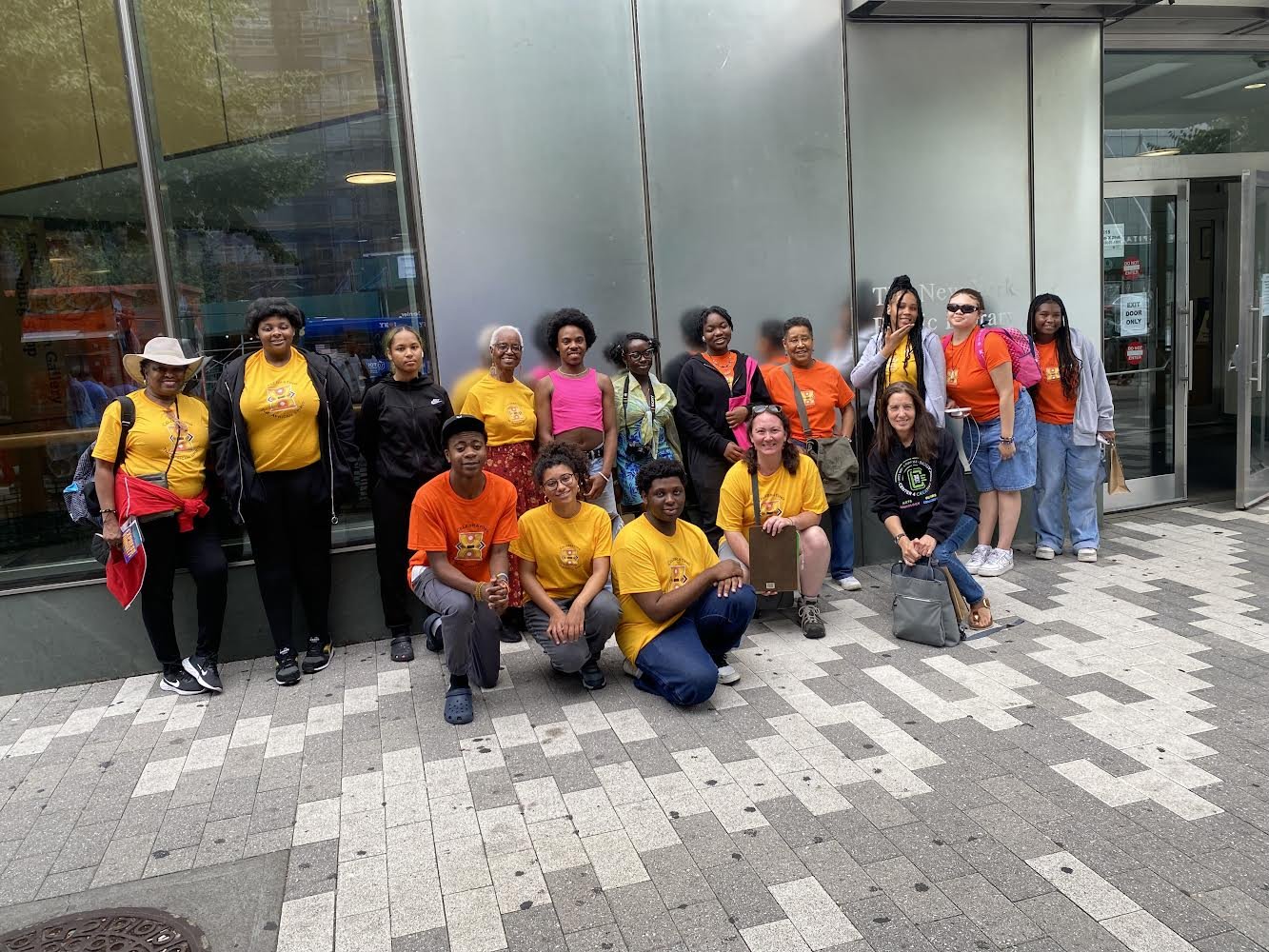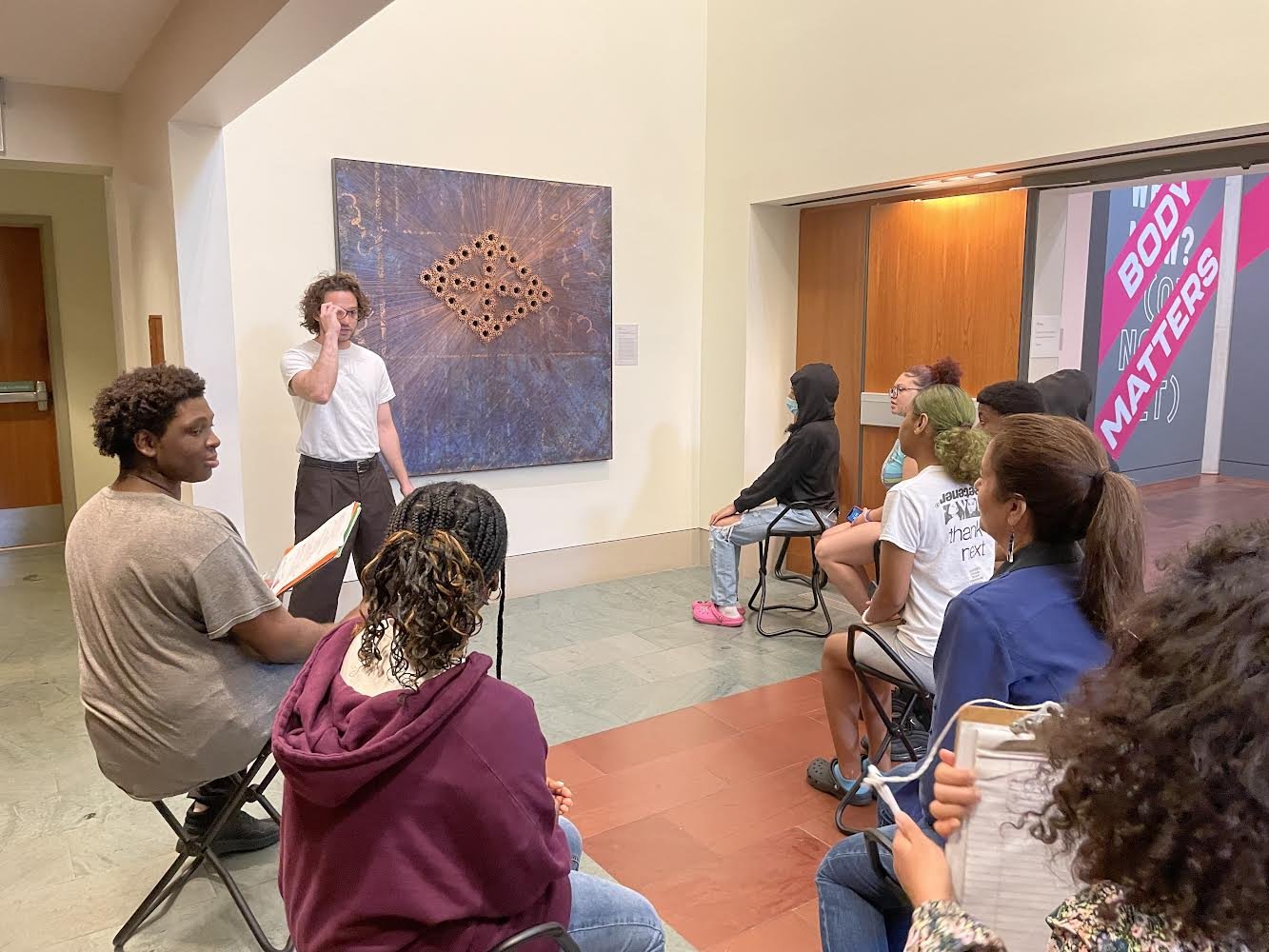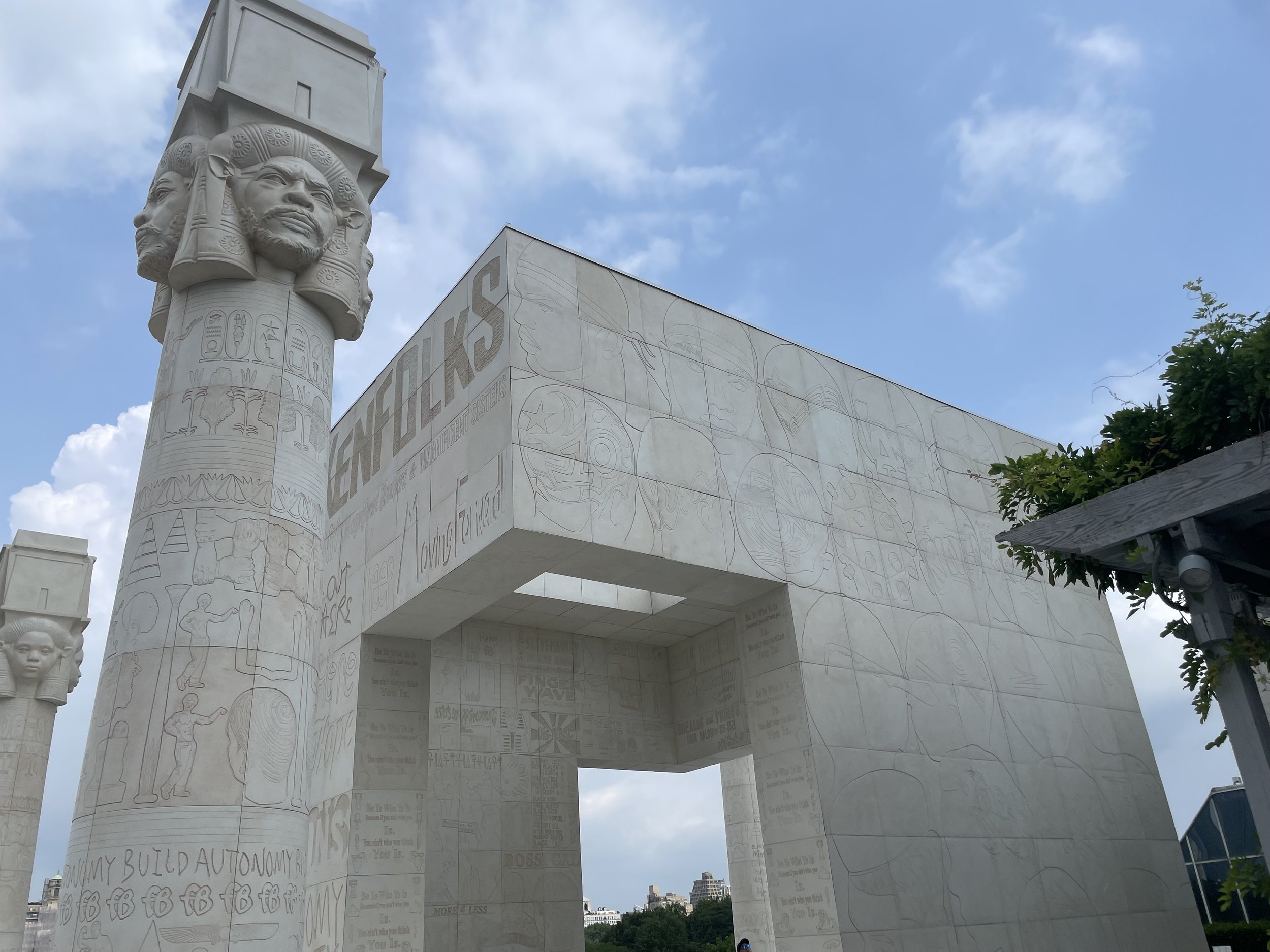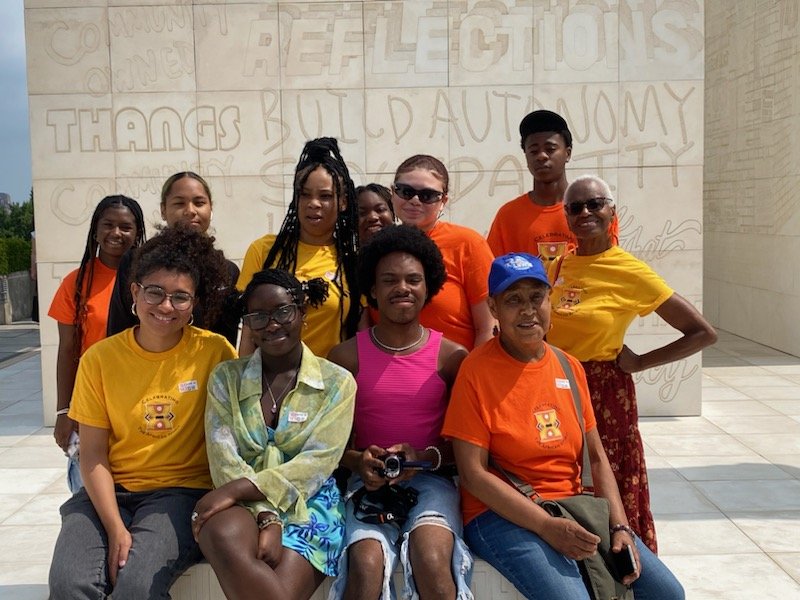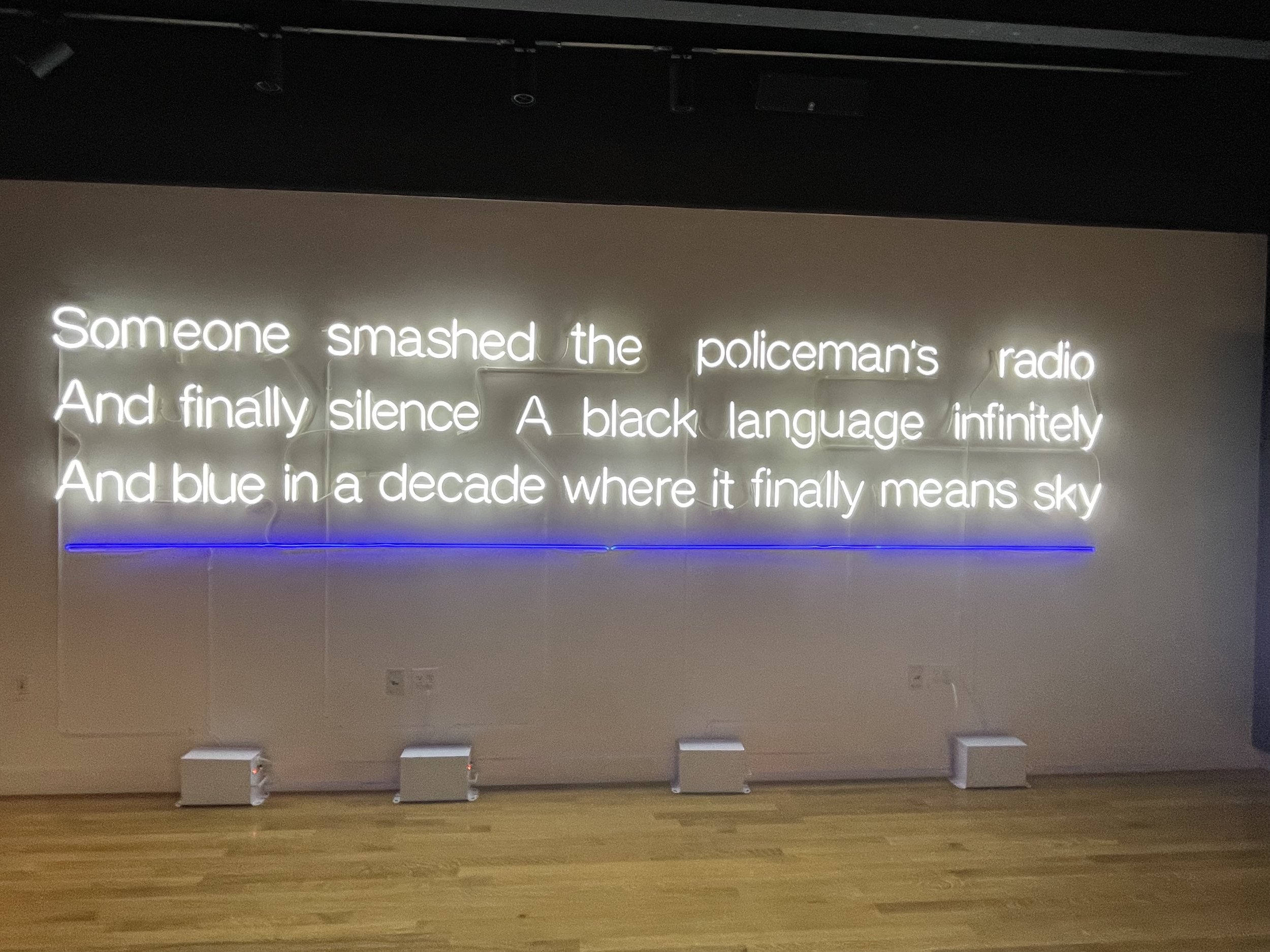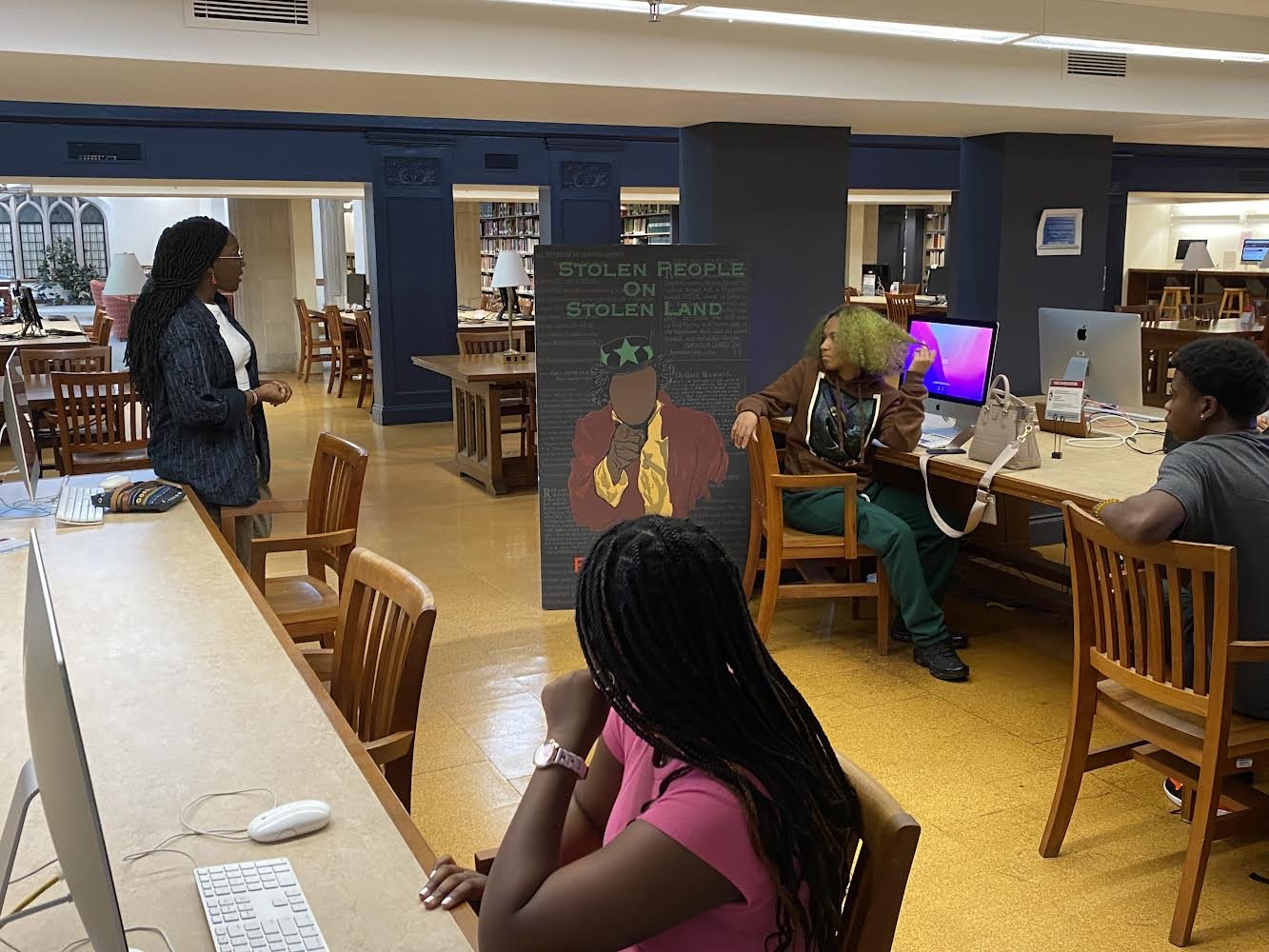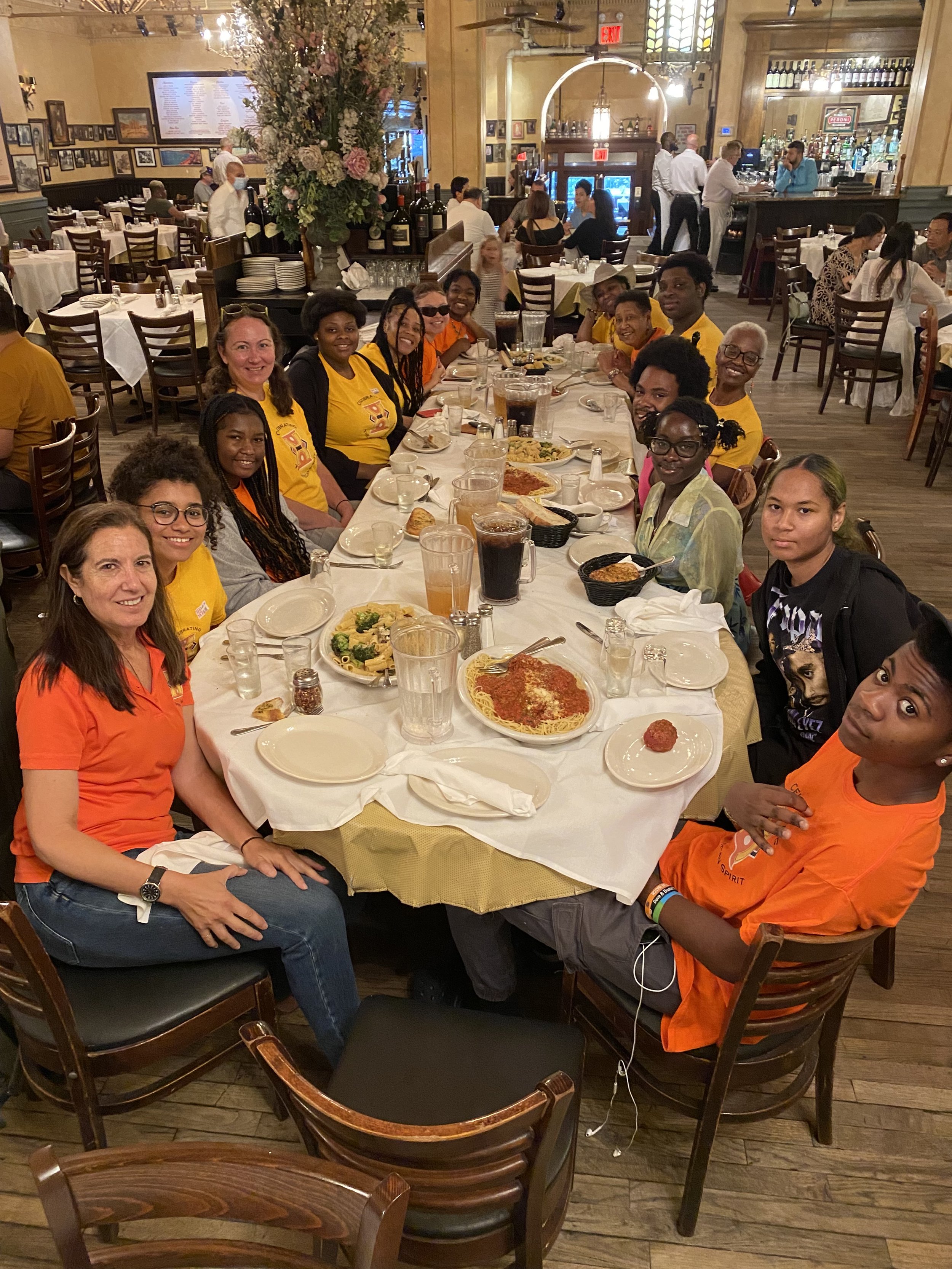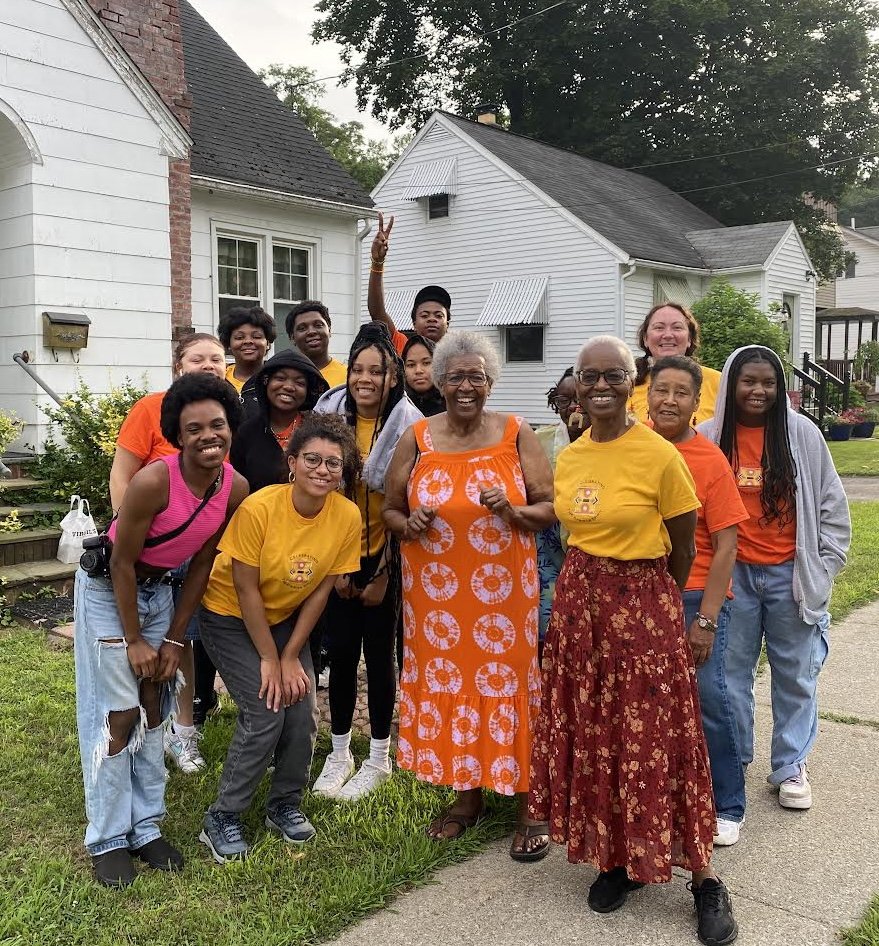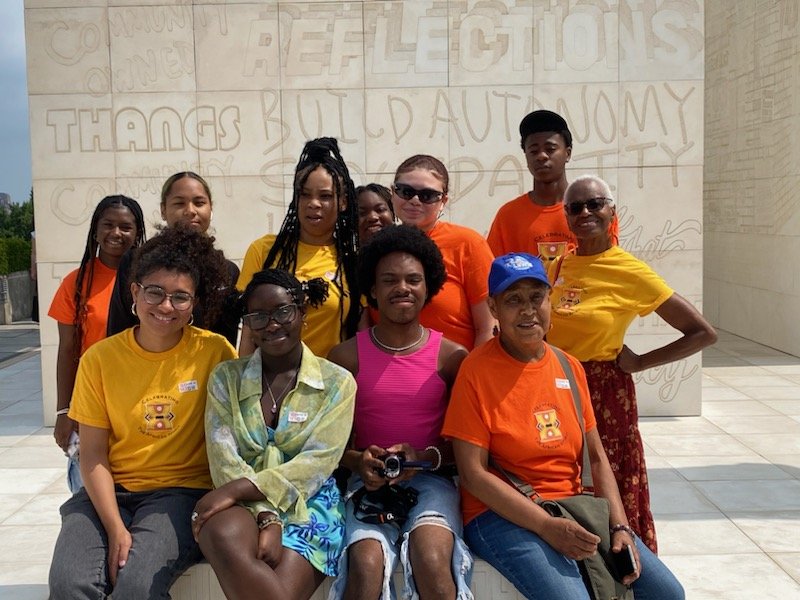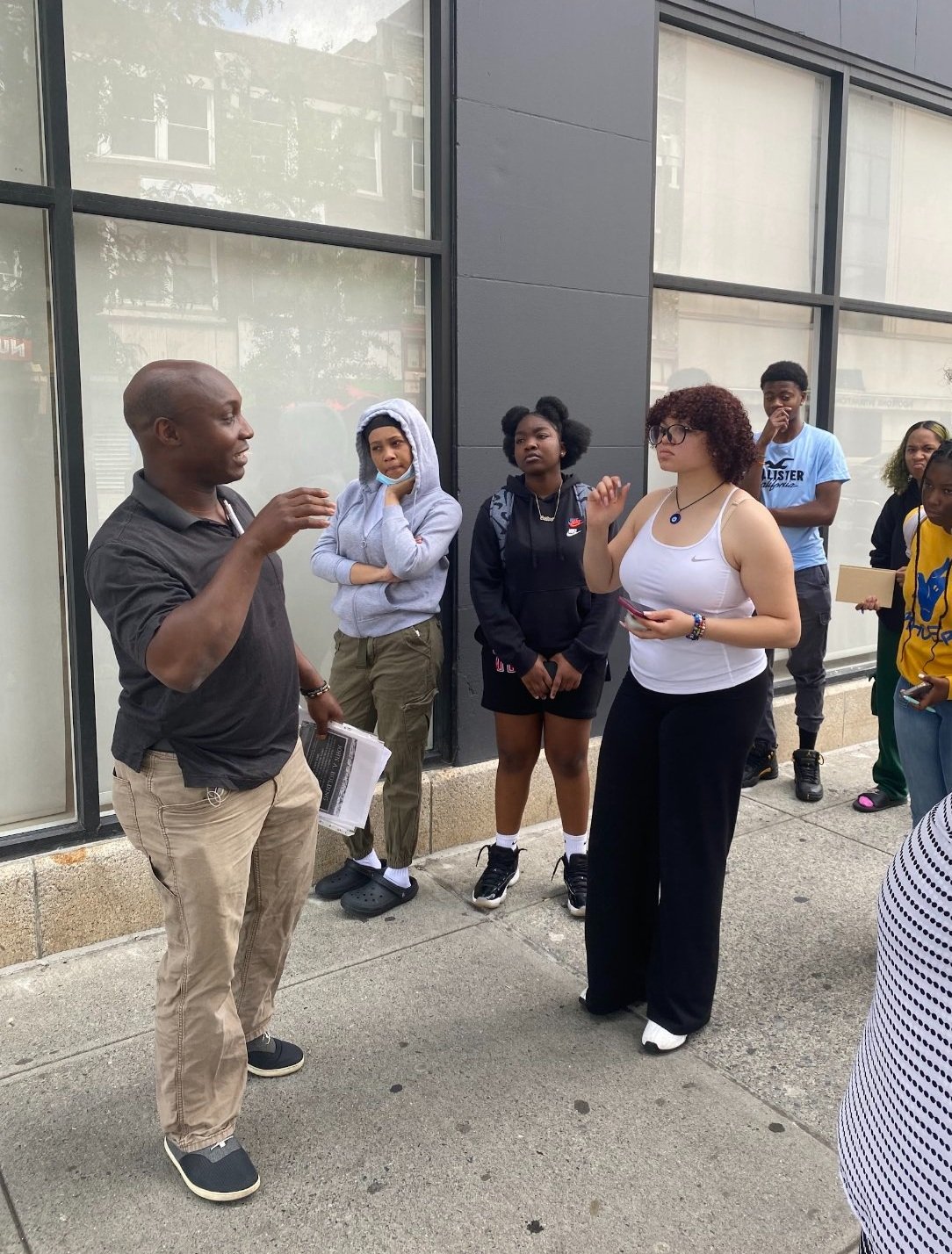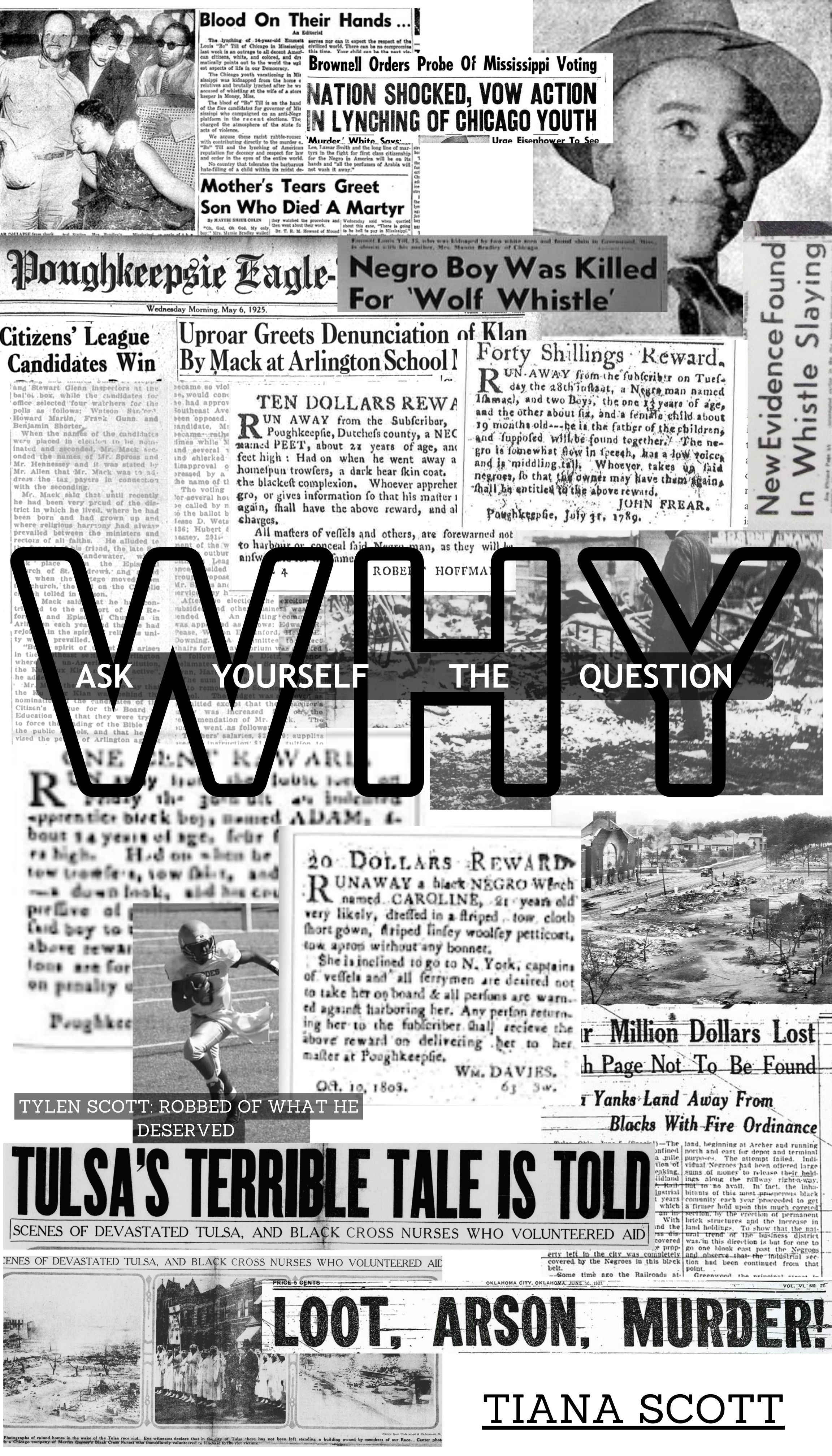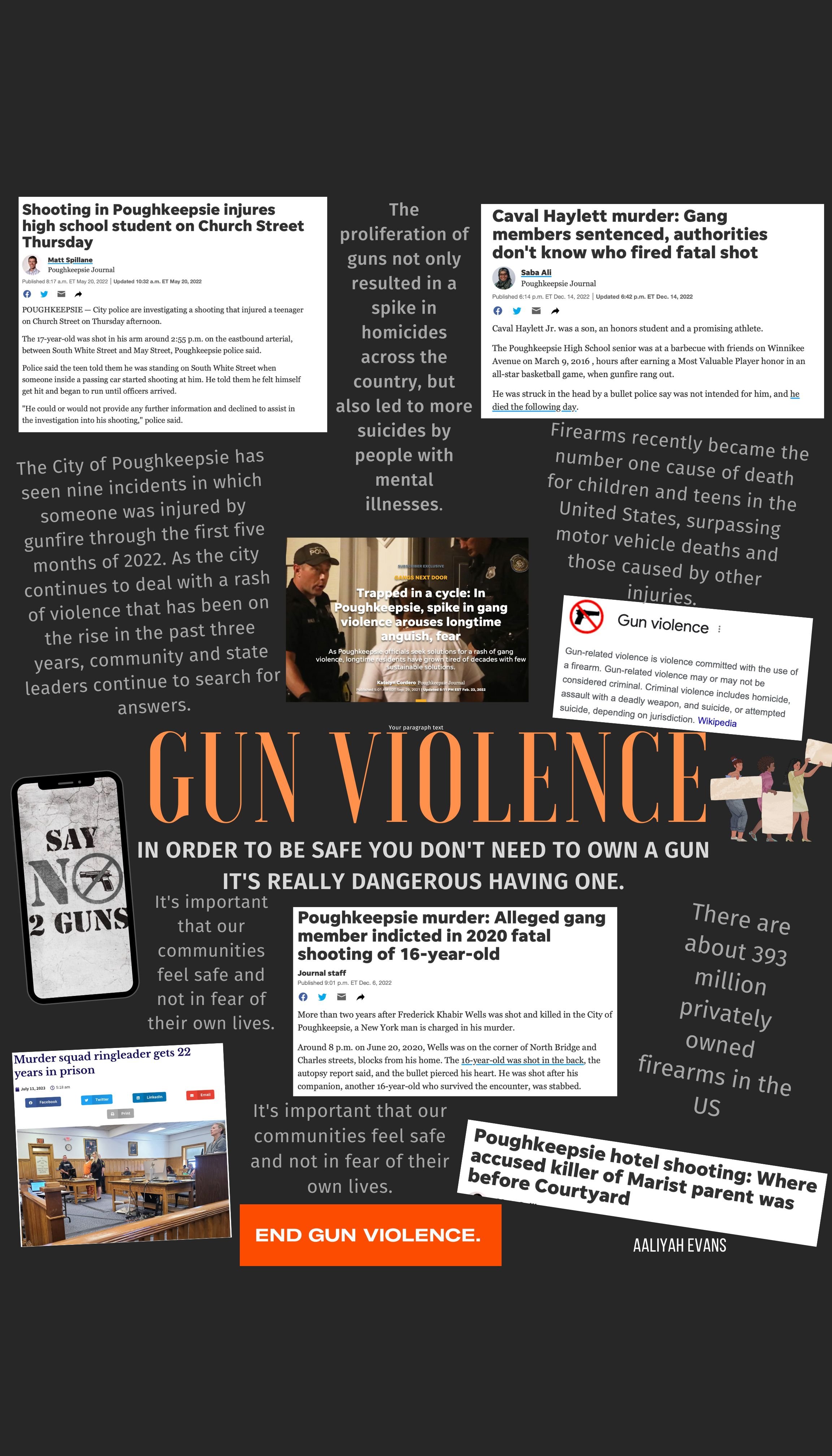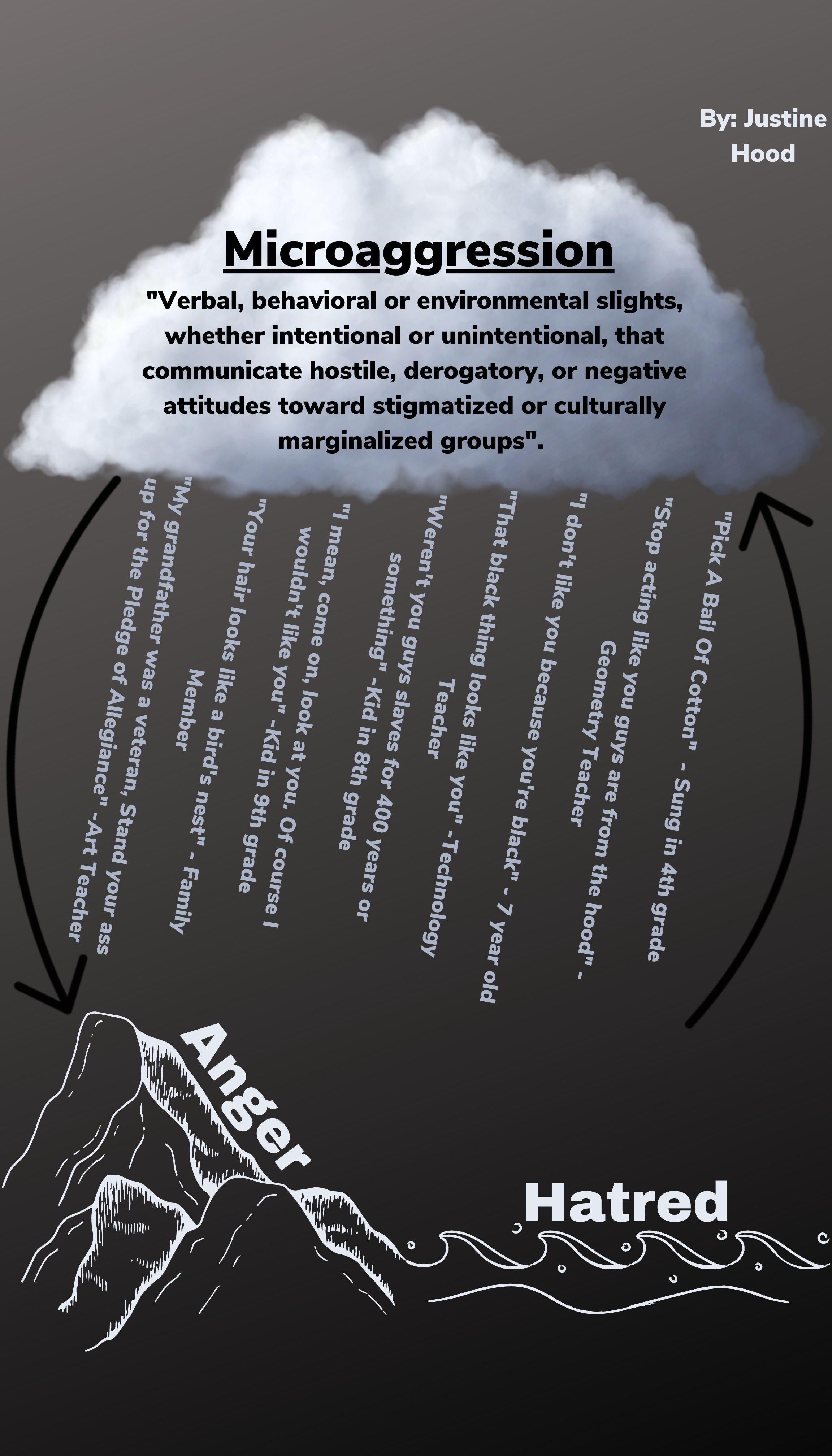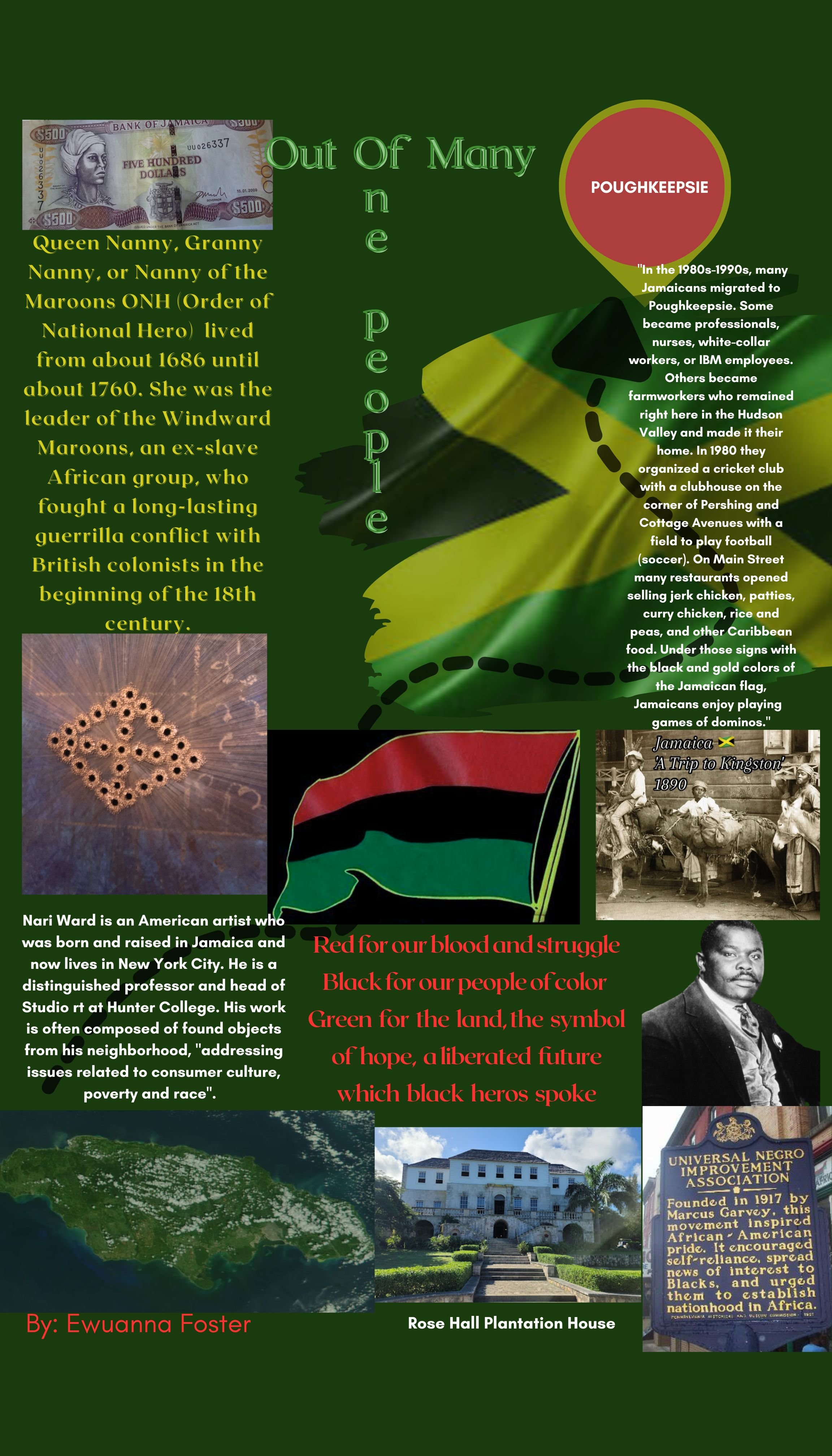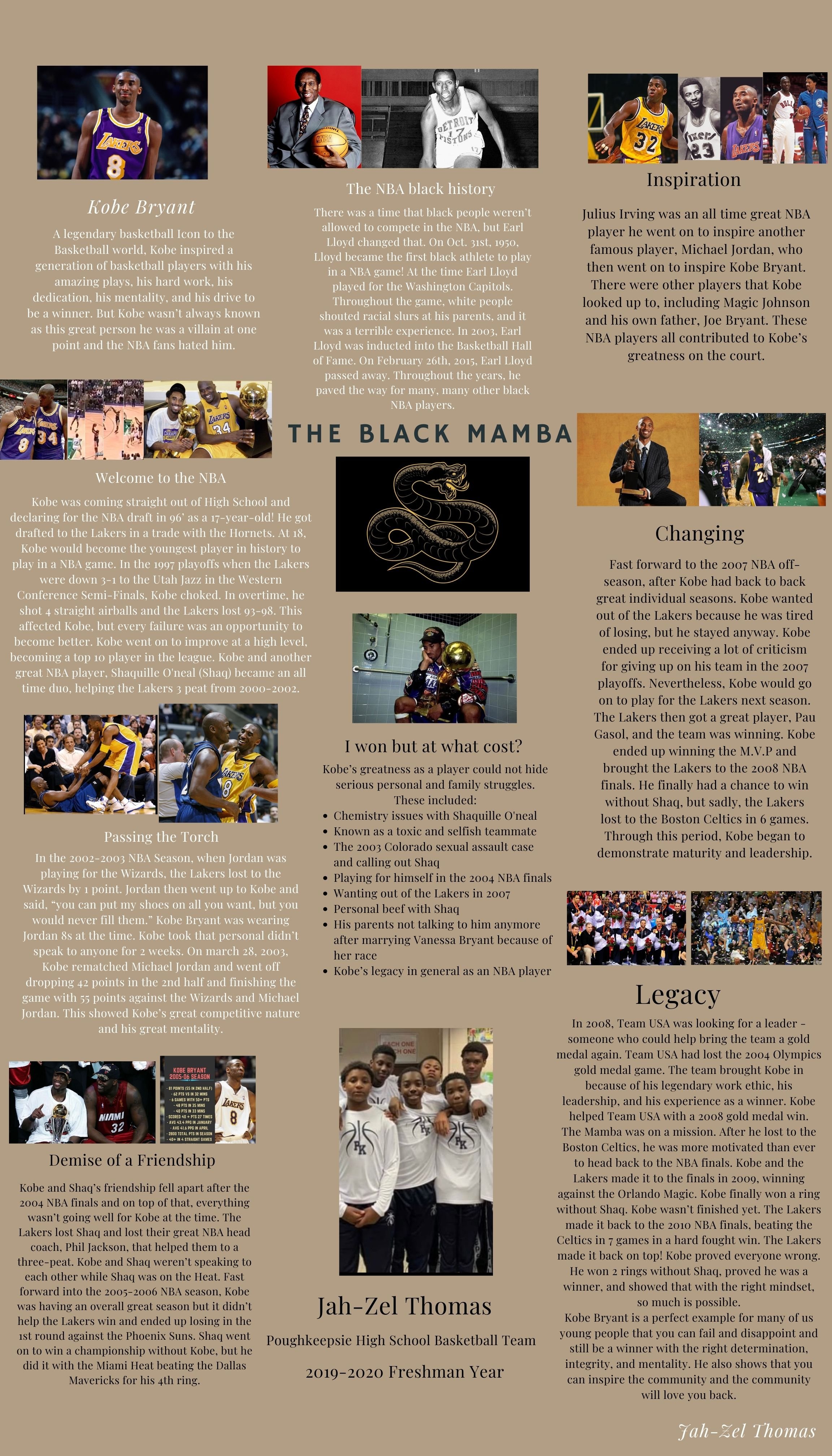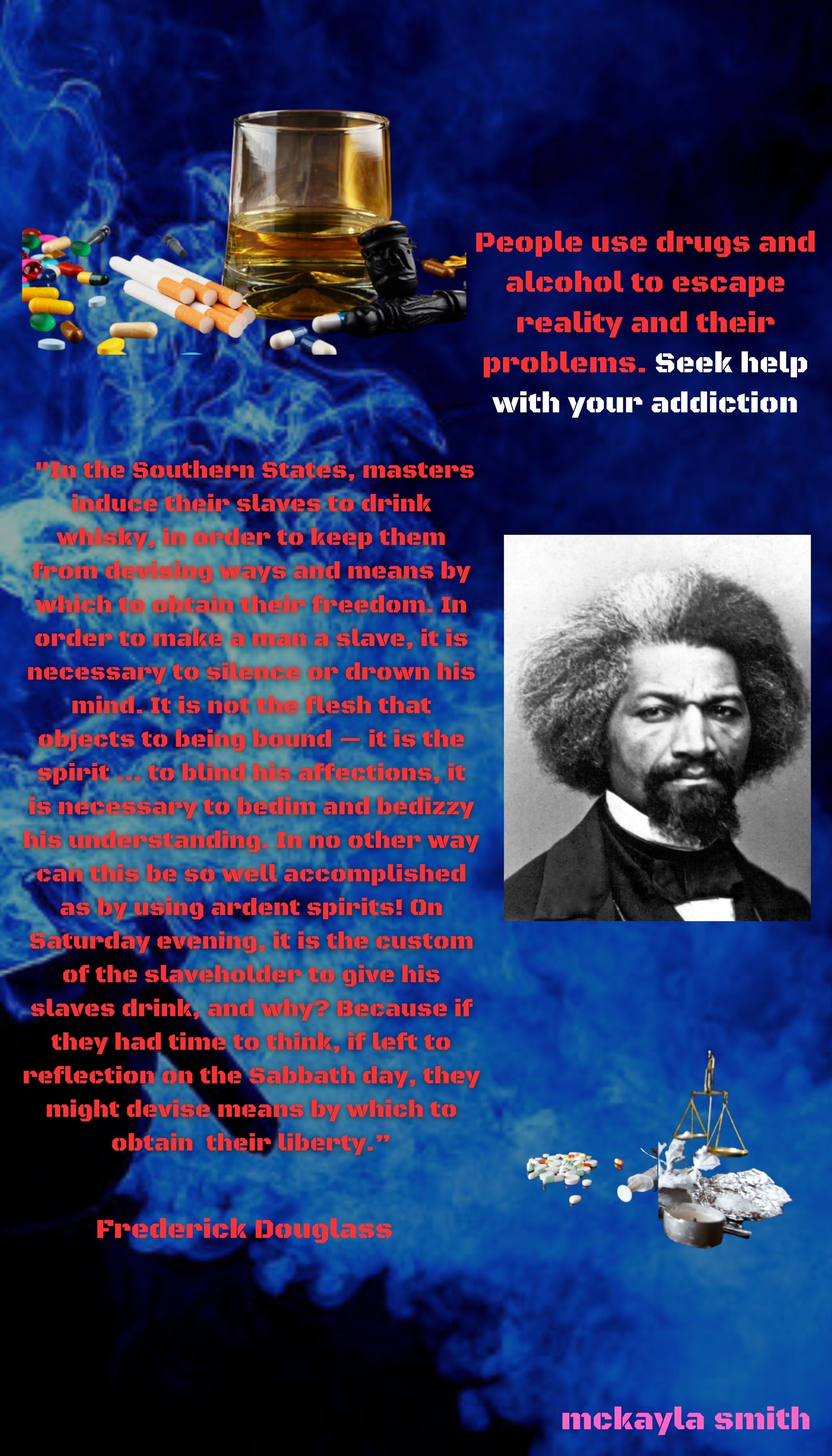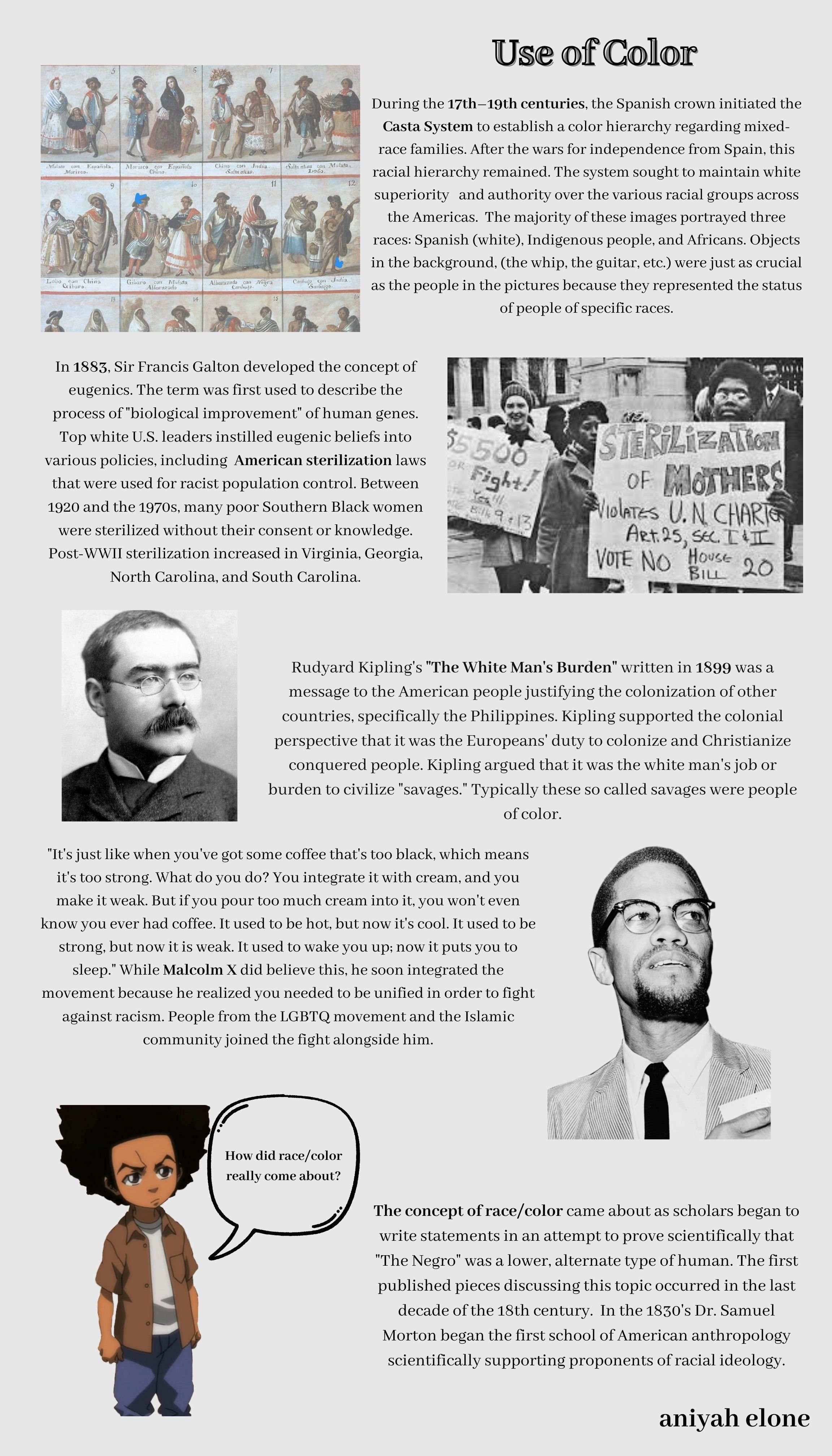2023 Youth “Hidden Histories” Summer Program
Celebrating the African Spirit (CAS) recognizes the importance of educating others about Poughkeepsie’s history of enslaved Africans and their descendants. Since the summer of 2021, we have extended our pilot two-week program to a three-week program to teach Poughkeepsie High School Students about these stories, and the voices that have gone unheard in our community.
This program was built for students of the diverse Poughkeepsie community to learn more about where they come from. By the end of this program, participants became grounded in historical research and worked with local historians, graphic designers & printers to develop visual memorials - posters. At the end of the summer sessions, the posters were displayed in downtown Poughkeepsie with a celebratory reception to show their work. As well as the Adriance Memorial Library for Black History Month.
Students met in a few community locations, including the Family Partnership Center in downtown Poughkeepsie.
This three-week program consisted of:
Presentations by The Dutchess County Historical Society, MASS Design, and other CAS members
Walking tour of Poughkeepsie from slowPOK member Kafui Attoh
Frances Lehman Loeb Art Center Tour of the “Silver Linings: Celebrating the Spelman College Art Collection” Exhibit as well as a drawing/education workshop
Workshops focusing on art-making, collaging, design, and graphic design concepts using Canva for students to design and create their poster memorials
Participants used their learned knowledge of different art making techniques to create artwork about local Poughkeepsie history regarding enslaved Africans and their descendants. Participants had access to digital art making tools, as well as physical materials for hands-on art making. Their final works were then displayed at our Frederick Douglass 1858 Speech Commemoration, for an audience of a couple hundred people to see and learn from.
Participant Posters:
Tiana Scott: The theme of my poster is based on the question, “WHY?” I have been taught about racism since I was young. I have also experienced racism all my life. I continue to ask myself, why? Why does racism have to happen and why do people do it in the first place? Unfortunately, this hate is so alive today. This takes me to the message that I am trying to give to every person who sees my poster, especially the people who do the hating: I want people to reflect on racism, and to really ask why. My poster includes many historical events, from the historical advertisements that come right from our region on the freedom seekers, to the Tulsa Race Massacre, to the Poughkeepsie newspaper article on the KKK in the Arlington School District, to the murder of Emmett Till. These are events that really made me ask the question, “WHY?”, and hopefully they will make others ask themselves the same question. Even though my message won’t change the ways of most, it can still reach the minds and hearts of many, which gave me the motivation to create the poster the way I did.
Aniyah Elone: In my sophomore year I took Black History I, and my teacher, Albert Cook, taught us about the origins of color and race in society as well. My poster reflects my ongoing fascination with the topic, which is why I decided to focus on how race was formed, particularly in the United States. This issue is such a grave one because race did not exist; it was constructed, and with its construction, it not only horrifically affected black people but also people of color in general. Examples can be seen in the US from slavery on. They include FDR's Executive Order 9066, establishing Japanese internment camps, and as we saw in the FDR Museum, they also included his economic and social programs which systematically excluded black people. We can see racism most recently in Asian hatred exacerbated by the coronavirus.
McKayla Smith: People sleeping on the street inspired me to create a poster about drug and alcohol addiction and the dangers of smoking. I want to share the message that it's okay for people to ask for help. Frederick Douglass suffered from alcoholism for many years after his self-emancipation from slavery. During his recovery, Douglass learned that white slave masters encouraged enslaved people to overindulge in alcohol as a means of further oppressing them. I hope my poster encourages people to get help and find recovery from their addictions. Drugs and alcohol may help for some time, but it doesn't help you recover what you have lost.
Aaliyah Evans: All the firearm violence going on around the world motivated me to do this poster. I feel that most people just sit back and watch it all happen. My message is to make it known that we have innocent people, and kids getting their life taken away, due to firearms. As these articles show, many different people and organizations want to make gun violence and gun prevention known, and yet so little is being accomplished. Firearms shouldn’t be easy to access when they are not used for safety, as they should be. Something should be done to stop the violence from happening. Get involved!
Ewuanna Foster: What inspired my poster is that I’m honored and proud to be a Jamaican. I want to highlight and showcase some of the things that I've discovered about my ancestors and the people who have earned the title of "Jamaica National Hero,". The message I want to send is that Jamaica is not bad, and that “WI LIKKLE BUT WI TALLAWAH,” meaning that even though Jamaica is a small island and doesn’t get recognized as much as other countries, there’s a lot of talented black activist leaders who are Jamaicans. They don’t get recognized enough for their leadership.
I wanted to share this idea because of how beautiful and creative it is. Nari ward made this Breathing Bars Diagonal Left which emerged from his visit to the First African Baptist Church in Savannah, Georgia, to shelter people escaping slavery as they navigated the Underground Railroad. The holes in the floor acted as a ventilation system for-those that are concealed down below. I added Marcus Mosiah Garvey to my poster because he was the founder and first president-general of the Universal Negro Improvement Association he is also one of Jamaicas ONH. I also added a map of Jamaica with a trail going to Poughkeepsie because I just wanted to show how I moved from Jamaica to Poughkeepsie and made it my home.
Jah-Zel Thomas: My inspiration for this poster is my love for the game of basketball, including the history behind it. Another inspiration is the example of a person who showed that even when you’re having mental health issues and personal issues, even when nobody believes you, you can have the right mindset, the motivation, the determination, and mentality to be successful and prove everyone wrong. Kobe Bryant was my prime example. One of my biggest inspirations that made me start playing basketball is my Grandma. I give her a special thanks for getting me into the game that I love.
Justine Hood: The formal name of my poster is "The Cycle of Generational Racism." This cycle begins with slavery. Slavery IS the oppression of a group of people usually associated with the black community. Over the years, slavery has been "abolished" in its traditional form (in mainstream eyes), and oppression now takes other forms and is subliminally committed through microaggressions.
The City of Poughkeepsie faces various problems, one being microaggressions. In my poster, I wanted to highlight how frequent microaggressions are and how they present in many different ways. I did this by drawing from a frequently used childhood educational lesson on the water cycle, and then altering it to fit the cycle of generational racism. The examples of microaggressions that I have personally experienced are the raindrops from the cloud of microaggression, which caused a runoff effect of anger in the recipient of said microaggressions. This runoff is then transferred into a sea of pure hatred for the aggressor, in which the judgmental and racist ideologies of the aggressor are then taught to children of the next generation, and the cycle continues.
My earliest recollection of experience with microaggressions was when I was nine years old. This was the first time I felt what it truly meant to be discriminated against. The statements and gestures you read in my poster have haunted me subconsciously for years, since their first occurrences. People all over the world are subjected to similar issues every day. As the people of Poughkeepsie and as children of the Lord Almighty, we have to stop the oppression of one another in ALL forms. Thank you so much for your time and remember, as archivist and curator Steven Fullwood reminded us during our program: "You are your best thing!"

